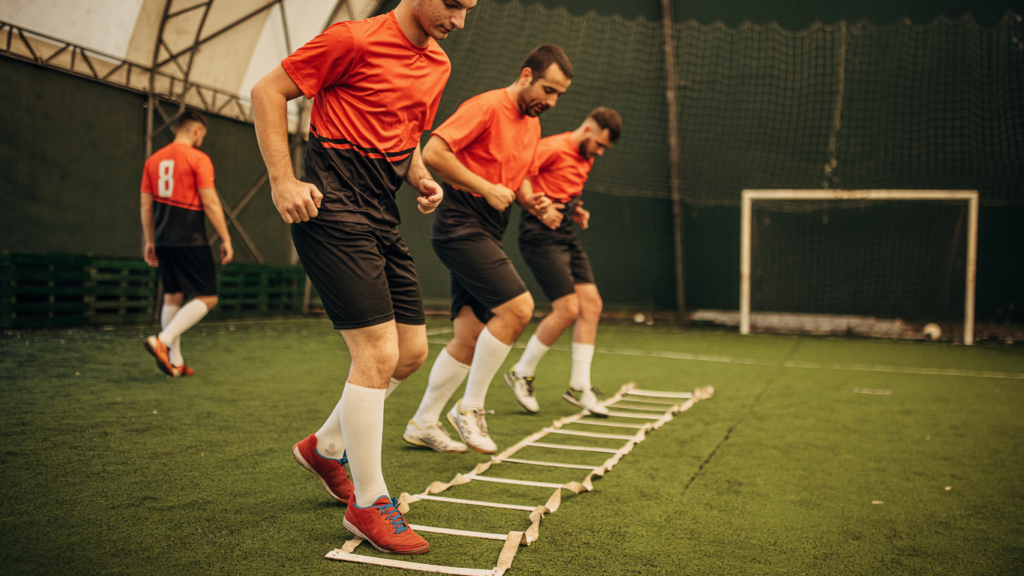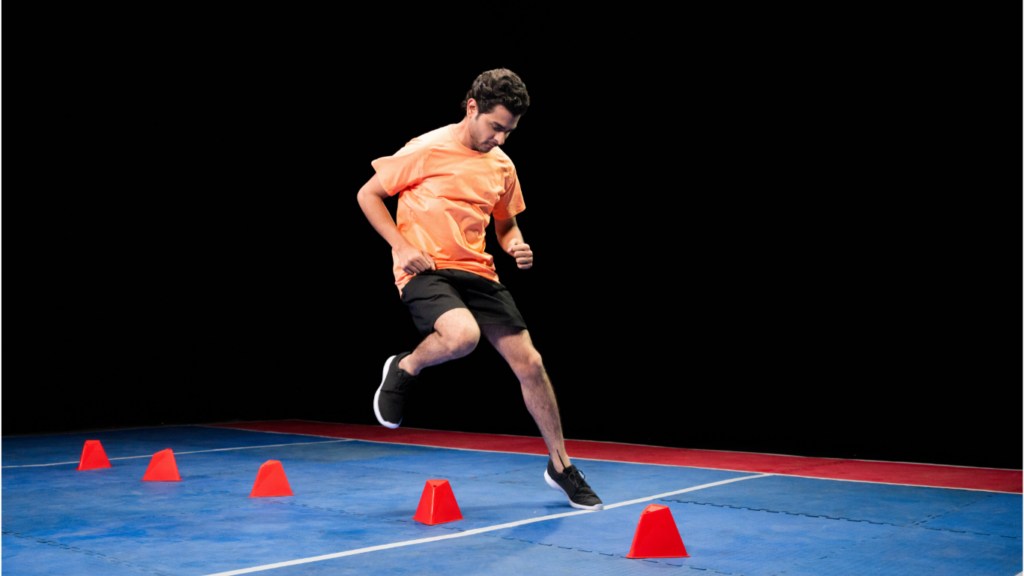Understanding Skill-Based Training
Skill-based training focuses on improving specific abilities by targeting precise techniques. Instead of general practice, it prioritizes structured, outcome-driven exercises tailored to the learner’s goals.
Breaking down skills into actionable components is essential. For instance, in learning a musical instrument, practicing scales isolates finger positioning and timing. In sports, drilling specific movements like a basketball free throw targets precision and repetition.
Consistency in rehearsing these techniques enhances neural connections. Repeated practice strengthens muscle memory, vital for executing tasks automatically under varying conditions. Performance feedback, such as video analysis or coaching, supports identifying areas of improvement.
Progression happens by gradually increasing complexity, ensuring foundational skills remain strong. If gaps appear, reducing task difficulty allows retraining without reinforcing mistakes.
Skill-based training encourages mastery through a focus on quality over quantity. Each action aims to refine performance, building efficiency and precision in the long term.
Importance Of Mastering Techniques
Mastering techniques ensures efficiency and precision in skill execution. It lays the groundwork for sustainable performance improvements and minimizes errors over time.
Building A Strong Foundation
A strong foundation develops when core techniques are practiced consistently. Breaking skills into fundamental components, like basic strokes in tennis or rudimentary coding syntax in programming, fosters better understanding and execution. I focus on precision during repetitive drills, reinforcing correct movement patterns. This approach also aids in muscle memory formation and neural adaptation, creating an automatic response under pressure. A foundation built with the right techniques supports steady progression and adaptability in advanced stages of skill development.
Avoiding Common Mistakes
- Common mistakes hinder progress and embed bad habits into practice routines.
- Overlooking technique while prioritizing volume, like rushing through piano scales or ignoring form during weightlifting, detracts from efficiency and safety.
- When I identify errors early, whether through video analysis or peer feedback, I address them by reducing task complexity or slowing the execution speed.
- Consistent self-assessment ensures mistakes don’t escalate into long-term inefficiencies, ensuring each practice session contributes meaningfully to technique refinement.
Effective Training Tips

Skill-based training demands focus on well-defined methods to refine performance and achieve mastery. Applying strategies like goal-setting, deliberate practice, and progress tracking accelerates improvement.
Setting Clear Goals
Defining specific, measurable objectives establishes the foundation for skill development. Clear goals, such as increasing speed by 10% in a particular activity or achieving consistent accuracy in execution, provide direction and motivation. Each goal should align with personal aspirations and be broken into smaller tasks for sustained progress.
Practicing Deliberately
Deliberate practice targets particular areas needing improvement, not general repetition. Working on specific components, like mastering hand placement in sports or achieving consistency in transitions during a musical piece, ensures precision. Incorporating high levels of focus and immediate feedback during each session avoids reinforcing errors.
Tracking Progress Regularly
Monitoring performance metrics validates improvement and identifies weaknesses. Tools like progress logs, apps, or video analysis highlight trends, making adjustments easier. For instance, reviewing footage reveals subtle flaws, such as timing issues in movement or inconsistent execution, enabling tailored refinements.
Tools And Resources To Enhance Skills
Skill enhancement becomes more effective with the right tools and resources. Leveraging technology, community support, and structured aids can refine techniques and accelerate progress.
Using Technology And Apps
Technology simplifies tracking and developing skills. Apps like Coach’s Eye for video analysis or BandLab for music composition offer targeted support for specific skills. Video playback tools allow me to dissect my performance frame by frame, highlighting errors I can address. Platforms such as Duolingo or Skillshare make learning accessible, breaking complex subjects into easy-to-follow lessons. Interactive features, reminders, and progress trackers in these apps ensure consistency in practice, enhancing my commitment and focus over time. Proper use of technology fosters precision and keeps improvements measurable.
Joining Training Communities
Training communities connect me with individuals pursuing similar goals. Platforms like Reddit, Slack, or dedicated forums offer access to:
- advice
- shared experiences
- expert recommendations
Group challenges and discussions keep motivation high while providing fresh perspectives on problem-solving. Physical communities, such as local clubs or professional workshops, create opportunities for real-time feedback. Collaboration within these groups helps refine my methods by exposing me to varied techniques and constructive critiques. These interconnected networks encourage accountability and foster continuous improvement.
Benefits Of Skill-Based Training
Skill-based training builds targeted abilities, enabling efficient execution and long-term mastery. It focuses on precision and adaptability, fostering consistent growth and measurable improvement.
Boosting Confidence
Consistent, precise practice strengthens confidence by reinforcing the ability to perform tasks effectively. Mastering smaller components, such as hitting notes on an instrument or perfecting a basketball shot, reduces doubt and creates a sense of accomplishment. Confidence improves decision-making during performance by ensuring familiarity with techniques and scenarios. Structured feedback and measurable progress further validate efforts, enhancing self-assurance over time.
Enhancing Performance
Focused training improves performance by emphasizing quality techniques over volume. Drilling specific movements, like delivering a tennis serve or executing a coding sequence, optimizes neural pathways and reflexes for efficient action. Regular feedback, such as video analysis or trainer input, refines techniques and eliminates inconsistencies. Gradual complexity increases maintain progress without overloading foundational skills, ensuring steady and sustainable enrichment in performance quality.





